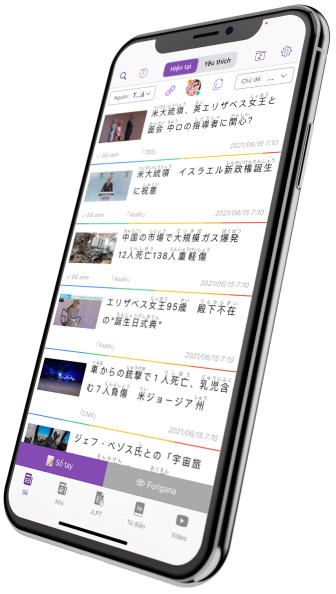
If you want to work in Japan, it is still recommended to have at least a JLPT N2 to open more doors and increase your chances of finding employment. The JLPT N3 is perfect for that purpose as it trains you toward the harder levels of N2 and N1. The formula is almost the same and you learn how to study efficiently.
1. What does the JLPT N3 exam test on?
The main difference from JLPT N4 is that JLPT N3 takes you away from your comfort zone in everyday Japanese and towards more specific and difficult content such as newspaper articles. Not only your comprehension level but your comprehension speed is tested as well. Expect to see texts that are longer and more difficult within a stricter timeframe.
When it comes to the JLPT tests, the difficulty curve is not linear, but exponential. Thus preparing for the JLPT N3 takes roughly as long as it takes for JLPT N5 and N4 together. To pass the JLPT N3 you need to:
- Understand about 2250 new vocabulary and about 370 new kanji.
- Grasp summarized information such as newspaper headlines.
- Be able to somewhat swiftly read and understand slightly difficult texts on specific topics with some aid.
- With some aid comprehend verbal conversations at near-natural speed on daily life topics and understand the relationships between the people involved.
1.1. Vocabulary (30 minutes)
In the vocabulary section, you will be tested on:
- The reading of words in kanji
- Kanji of words written in hiragana
- The meaning of words defined by context
- Words and expressions with similar meanings
- The correct usage of words in sentences
1.2. Grammar and reading (70 minutes)
In the grammar and reading section, you will be tested on:
- Grammar formats that best suit sentences
- Accurate sentence composition
- Suitability of sentences for text flow
- Comprehension of short and mid-size passages on a range of different topics
- Comprehension of long passages in varying topics
- Ability to retrieve information from materials, such as notices
1.3. Listening (40 minutes)
You will be tested on:
- Ability to comprehend necessary information to resolve specific issues and understand the appropriate action to take
- Ability to narrow down points based on necessary information presented in advance
- Comprehension of the general outline in longer conversations
- Ability to choose appropriate verbal expressions by listening and looking at illustrations
- Ability to choose the right responses by listening to short phrases, such as questions and greetings
2. For JLPT N3, the sectional pass marks are as follows:
- Language knowledge (Vocabulary and Grammar): 19/60 points
- Reading: 19/60 points
- Listening: 19/60 points
In total, you need to achieve 90/180 points
3. Preparing for the JLPT N3
When studying for the JLPT N3, you should first ensure you understand all the verb conjugations and grammar points learned in JLPT N4. Read news articles, read light novels, and play games that are text-heavy. Do whatever you think is fun. And when you are doing so, make sure to perform what is called active reading. Look up words you don’t know, save them into your flashcard app, and review them the following morning. I highly recomended Todaii Easy Japanese! It has everything you need: Japanese news, N3 JLPT vocabulary, flashcards, JLPT mock tests for all levels…
👉 Follow TODAI Japanese to learn Japanese better and know more about the latest information!










Login to comment